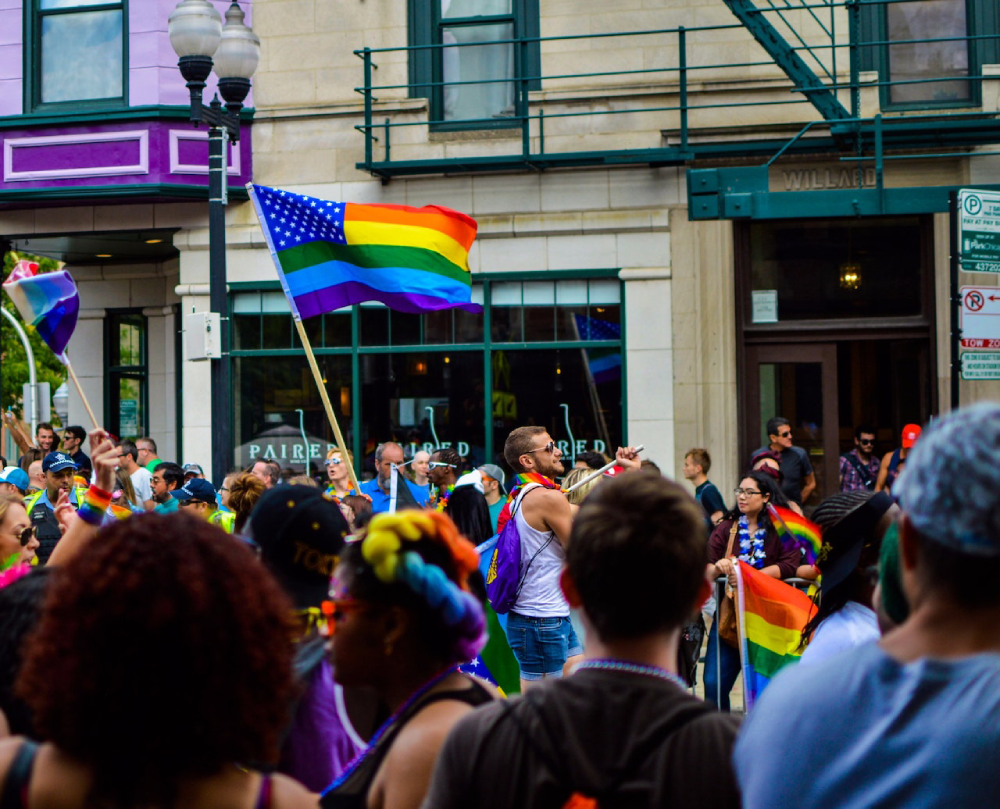A recent study conducted by the Sir Lenny Henry Centre for Media Diversity (LHC) has highlighted the challenging environment faced by LGBTQ+ journalists in the UK. The study revealed that many of these journalists are subjected to online harassment and abuse, which has led them to perceive their roles as unsafe. The research particularly emphasized the abuse targeted at transgender individuals, with LGBTQ+ journalists noting that their involvement in media coverage of trans issues often resulted in high levels of abuse.
76% journalists feel unsafe
The data collected by Finbarr Toesland for the LHC indicated that 76% of surveyed journalists disagreed or strongly disagreed with the notion that media organizations in the UK adequately protect LGBTQ journalists from harassment and abuse. Toesland expressed concern that if hate speech and abuse against LGBTQ journalists are left unaddressed, they may create a chilling effect where journalists feel uncomfortable or afraid to report on significant LGBTQ-related matters. Many professionals participating in the study called for enhanced journalism training that includes managing online threats, as well as further training for media executives on the impact of abuse against journalists. They also emphasized the need for better guidance on combating abuse, particularly in the digital space.
This research has been published two years after a comprehensive study conducted by UNESCO, which shed light on the threats faced by female journalists worldwide. UNESCO report revealed unprecedented levels of attacks aimed at diminishing and discrediting female reporters, while undermining public trust in critical journalism and facts in general.
Online hostility
The study highlighted that nearly three-quarters of female journalists experienced online hostility, with a quarter of them being threatened with sexual violence and death. It also noted that the likelihood of attack significantly increased for women belonging to minority groups.
The LHC, based at Birmingham City University, conducted its research using data from various sources, including the Department for Culture, Media and Sport, the news industry regulator Ipso, and the National Union of Journalists. Additionally, they incorporated figures from the Office for National Statistics, Unesco, YouGov, and various academic research studies. Toesland and Dr. Poppy Wilde from Birmingham City University’s School of Media worked together on the report titled “Are media organizations adequately protecting LGBTQ journalists from harassment and abuse?”
The study surveyed 40 LGBTQ+ journalists working in the UK and conducted one-to-one interviews with six media workers. Through this research, Toesland and Wilde documented the intermittent and consistent abuse and harassment faced by LGBTQ+ journalists.
The findings revealed that 82% of respondents had encountered trolling, with 56% experiencing homophobic harassment. Abuse on Twitter was mentioned by 88% of respondents, while 33% received abuse through Facebook and 24% experienced it on Instagram.
The researchers also noted that four out of five respondents reported experiencing stress, and nearly three out of four reported anxiety.
